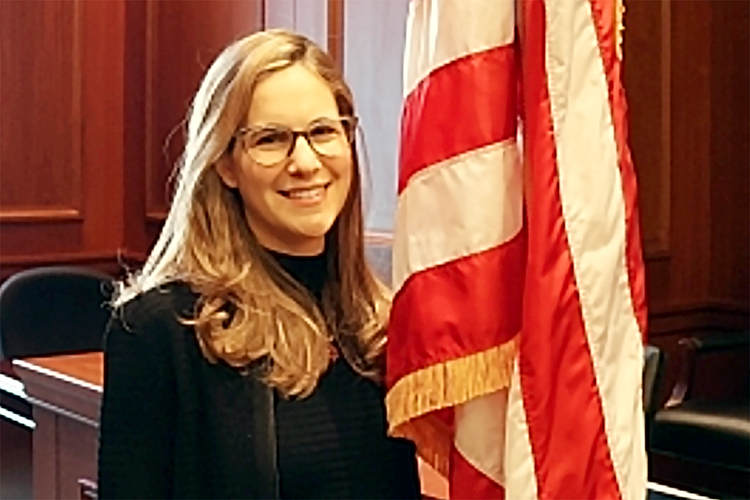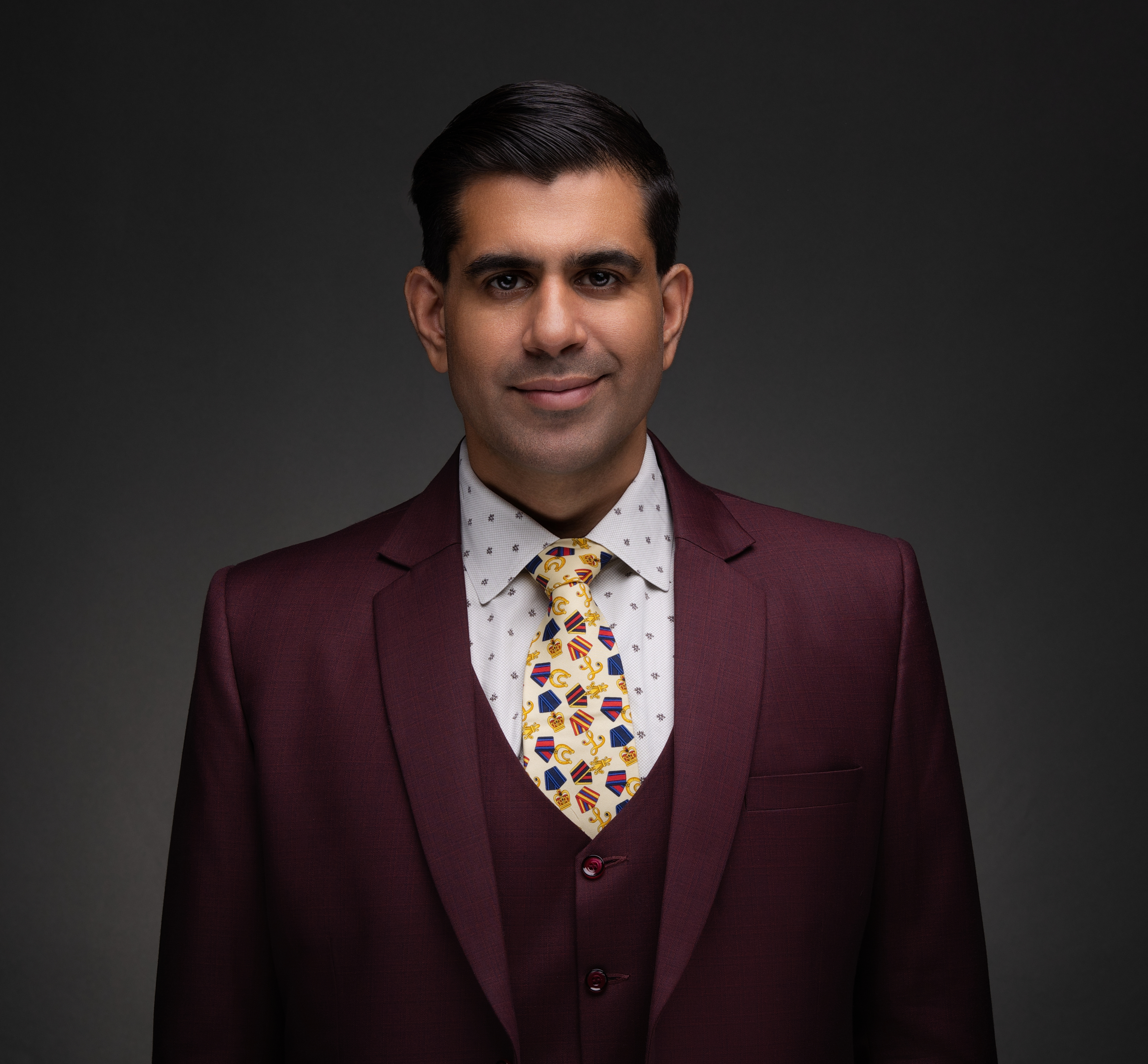SCOTUS appears reluctant to impose liability for websites' third-party content

Image from Shutterstock.
The U.S. Supreme Court appeared reluctant to impose liability on social media websites in oral arguments Tuesday and Wednesday in cases seeking to impose liability for third-party content that aids terrorism.
The high court is considering cases filed under the federal Anti-Terrorism Act on behalf of relatives of two people: Nohemi Gonzalez, a 23-year-old student who was killed in 2015 by Islamic State group terrorists while at a Paris bistro, and Nawras Alassaf, who died in a 2017 terrorist attack on a nightclub in Istanbul, Turkey.
The anti-terrorism law imposes liability for any party that “aids and abets” international terrorism.
The Gonzalez case alleges that YouTube owner Google recommended videos through its algorithms that provided material support to the Islamic State group. At issue in the case is the extent of protection by Section 230 of the Communications Decency Act, which provides that the websites shall not be treated as the publisher of information provided by other users.
In oral arguments in the Gonzalez case Tuesday, the Supreme Court appeared reluctant to curb Section 230’s protection, report the New York Times, the Washington Post and SCOTUSblog.
Justice Elena Kagan suggested that Congress is in a better position than the Supreme Court to decide the extent of Section 230’s protection.
“These are not, like, the nine greatest experts on the internet,” she said.
Justice Brett Kavanaugh also suggested that Congress is better equipped to make such decisions. Limiting Section 230 “would really crash the digital economy with all sorts of effects on workers and consumers, retirement plans and what have you,” he said.
The case is Gonzalez v. Google.
The Alassaf case argued Wednesday targeted Twitter, Google and Facebook for failing to remove content that helped spur the rise of the Islamic State group. Twitter is now before the Supreme Court in an appeal of a ruling that didn’t reach the Section 230 issue.
The issues before the Supreme Court are whether a failure to act satisfies the anti-terrorism law’s requirement that a defendant knowingly provided substantial assistance to terrorism groups and whether a defendant can be liable for content that didn’t spur the specific act of terrorism.
In arguments Wednesday, the justices “expressed skepticism” toward the lawsuit against Twitter, report Roll Call and Reuters.
Several justices expressed concern that a ruling for Alassaf’s relatives could impose liability for otherwise normal activities that unintentionally help a terrorist group, according to Roll Call.
Many justices said there was no evidence linking Twitter content directly to the attack that killed Alassaf, the Associated Press reports in its coverage of the arguments.
Justice Neil Gorsuch commented that it could be difficult to say what kind of act aids a terrorist group because “there is some butterfly effect anywhere.”
The case is Twitter v. Taamneh.
Write a letter to the editor, share a story tip or update, or report an error.



